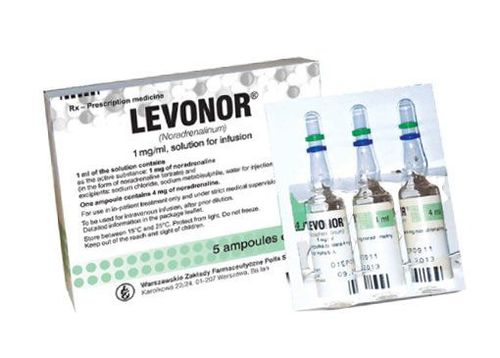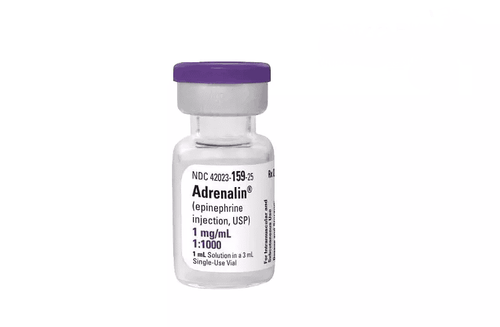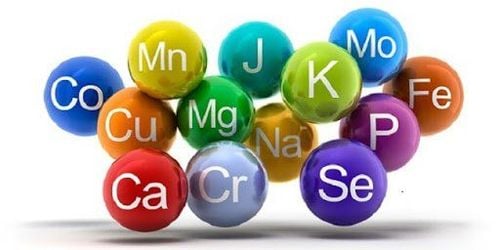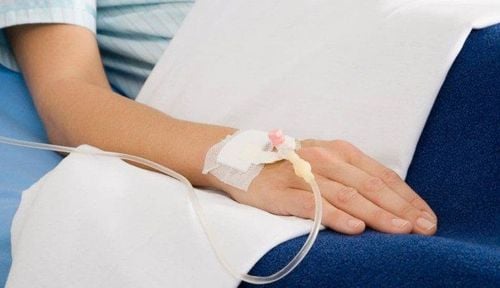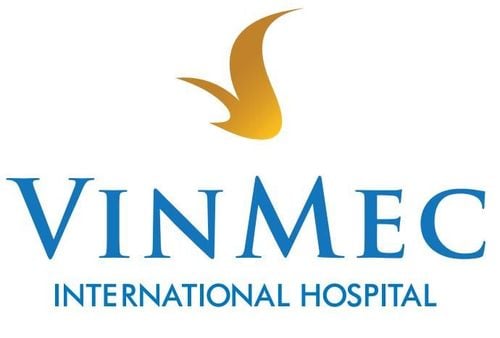This is an automatically translated article.
The article was written by Specialist Doctor I Tran Ngoc Thuy Hang - Resuscitation - Emergency Doctor, Emergency Department - Vinmec Central Park International General Hospital.Hypovolemic shock is a condition in which intravascular volume depletion leads to circulatory dysfunction in which systemic tissue hypoperfusion and/or disproportionate blood flow results in oxygen delivery and blood flow. Insufficient tissue nutrients, resulting in a decrease in total cellular oxygen. Tissue hypoperfusion precedes the onset of hypotension.
1. Causes of hypovolemic shock
Blood loss :
Due to trauma: open wound, broken bone, internal bleeding due to rupture of solid organ, wound of blood vessel,... Non-traumatic: Gastrointestinal bleeding, ruptured ectopic pregnancy, ruptured aneurysm aortic dissection,... Fluid loss: burns, poor appetite, vomiting, diarrhea, fluid loss into the third compartment (edema, ascites - cirrhosis), polyuria due to increased osmotic pressure, due to drugs,...
2. Consequences of hypovolemic shock
Hypovolemic shock, when not managed promptly and adequately, causes progressive tissue hypoperfusion, leading to tissue hypoxia, leading to metabolic disturbances in tissues, triggering inflammatory responses and consequences. causes irreversible multi-organ failure and mortality.
2.1 Principles of treatment Assess fluid deficit, fluid resuscitation. Find and treat the cause. Identify and correct associated acid-base and electrolyte disturbances.
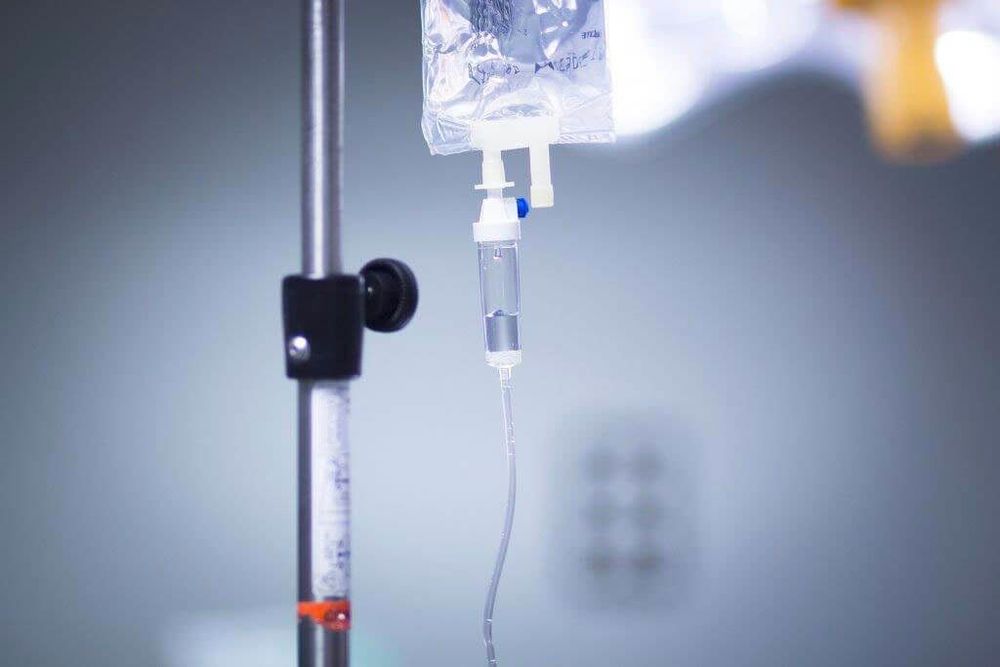
Người bệnh cần tìm nguyên nhân gây sốc và bù dịch kịp thời
Crystalline: 0.9% NaCl, Ringerlactaate, . . . Colloidal solution: albumin, dextran, gelatin, . . . Blood and blood products: erythrocyte sedimentation, fresh frozen plasma, . . . . 2.2 Monitoring of the fluid response Monitoring of the fluid response is essential to prevent the development of irreversible shock and fluid overload. Clinical parameters used: pulse, blood pressure, skin tension, urine volume, mental status, . . . Monitor laboratory values after 6 hours including biochemical, lactate, . . .
Progression:
Patient responds to treatment: when the patient's condition is stable, maintain fluids at a lower infusion rate than in the resuscitation phase, consider discontinuing the infusion when the volume of impaired fluid has been restored. and control the cause of the disease. Patients who do not respond to initial fluid resuscitation: add subclinical, look for other causes of shock, consider changing crystalloids to colloids, consider adding vasopressors (norepinephrine) for cases of resistant shock, . . . .
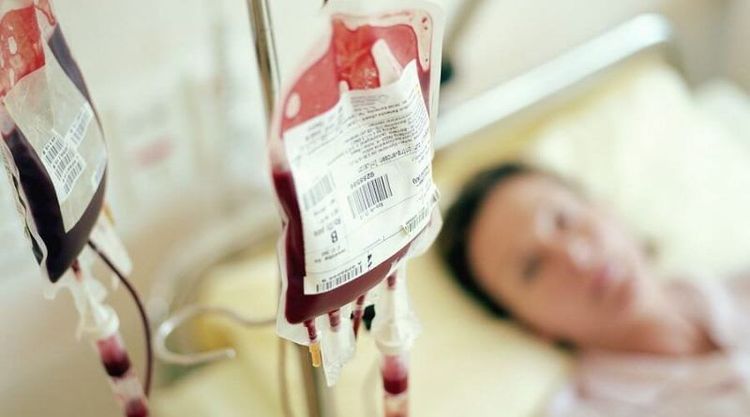
Tình trạng sốc giảm thể tích cần được phát hiện và xử trí kịp thời
Vinmec International General Hospital is one of the hospitals that not only ensures professional quality with a team of leading medical doctors, modern equipment and technology, but also stands out for its examination and consultation services. comprehensive and professional medical consultation and treatment; civilized, polite, safe and sterile medical examination and treatment space. Customers when choosing to perform tests here can be completely assured of the accuracy of test results.
Customers can directly go to Vinmec Health system nationwide to visit or contact the hotline here for support.
Reference source: Core knowlege in critical care medicine; Treatment of severe hypovolemia or hypovolemic shock in adults/ Uptodate 2020.




